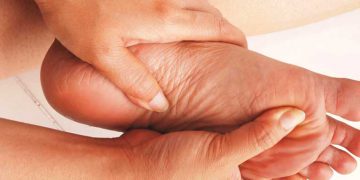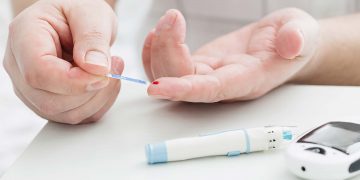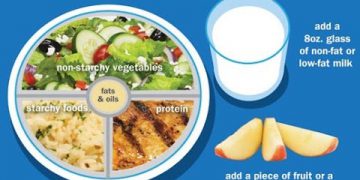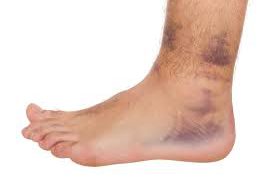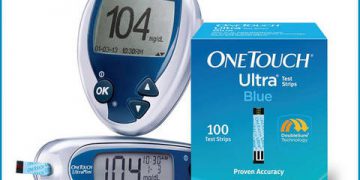The 5 diabetes tests
The type 2 diabetes causes might not be fully understood but the disease can be easily diagnosed. the tests for diabetes may be used by Your health care professional team to diagnose diabetes mellitus.
These same tests are used to diagnose the different diabetes types. Brief descriptions of the tests for diabetes are:
Diabetes Test 1: the diabetes symptoms quiz
Your health care team may ask you a few questions – like are you urinating more frequently than usual (especially at night). Most people with untreated diabetes have to get up a few times at night to urinate.
For more information on the typical diabetes quiz questions that may be asked by your health care team see the page of on diabetes symptoms quiz. On the diabetes quiz page you will find the ten most common diabetes quiz questions. Answer those questions and if you think you may have diabetes see your doctor. Don’t worry diabetes is not contagious – it is best to know if you are at risk early and start the journey on the road to prevent complications or to prevent the onset of diabetes mellitus.
Diabetes Test 2: the urine test
The diabetes quiz question will not diagnose diabetes so you may have to do a urine test. The urine test will be used to determine the level of glucose in the urine. In the days long gone people use to taste urine to diagnose diabetes, because the urine of diabetics is sweet. Luckily we have moved on. The urine test is also use to determine the level of ketones in the urine.
Ketones are an acidic by-product of a process whereby the body burns its own fat for energy. When the body cannot get enough glucose from the blood to use as energy it will begin to burn stored body fat. When the body burns fat it cause ketones in the bloodstream. When there are excess ketones in the blood it will cause ketoacidosis – which is a complication of diabetes.
Diabetes Test 3: the random blood glucose test
As the name suggest random – so this test can be taken at anytime. Whenever you are present at your doctors’ office he may ask you to do this test if he thinks you may be at risk. You can read this page on the most common diabetes risk factors. With this test, a sample of your blood will be taken and the glucose level in your blood will be measured.
The measurement will be in mg / dl while in the United States of America it will be in mmol / l. The numbers for mmol / l seems bigger but it is not really bigger it is just a different type of measurement – just like miles and kilometre. If by chance you need to convert from one mmol / l measurement to mg / dl just multiply by 18. To get the measurement the other way round just divide by 18.
If after the test your blood glucose level is above 200 mg / dl then diabetes mellitus will be suspected and may be diagnosed.
Diabetes Test 4: fasting plasma blood glucose test
The fasting plasma blood glucose test is sometimes referred to as the fasting blood sugar test. Prior to doing this test you are not permitted to eat for approximately twelve (12) hours. Don’t worry you won’t be starving because this test is normally done in the morning before you eat your breakfast. Therefore while you sleep you would be fasting. After the diabetes blood test your doctor or health nurse will explain the result to you.
If the fasting plasma blood glucose test level is 70 mg / dl to 90 mg / dl you will be diabetes free.
If the reading is below 126 mg / dl but above 100 mg / dl you may be considered to be suffering from prediabetes. This is where your blood sugar is high but not high enough to be considered diabetes mellitus.
If your reading is above126 mg / dl it indicates the presence of diabetes mellitus and it may be diagnosed.
Diabetes Test 5: oral glucose tolerance test (OGTT)
This test is also done after a fasting period of about twelve (12) hours. This test is also done in the morning before eating breakfast. A sample of your blood will be taken and the blood glucose level noted by a member of your health care team. You will then be given a sugary solution to drink. The purpose of this test is to highlight how quickly glucose is metabolised from the blood stream to the cells of the body where it is needed for energy.
Your blood sugar level will be tested every hour for three hours. If the two hour blood glucose level is above 200 mg / dl diabetes will be diagnosed.
This is just of summary of the different diabetestests in a future article I will go in more detail.

